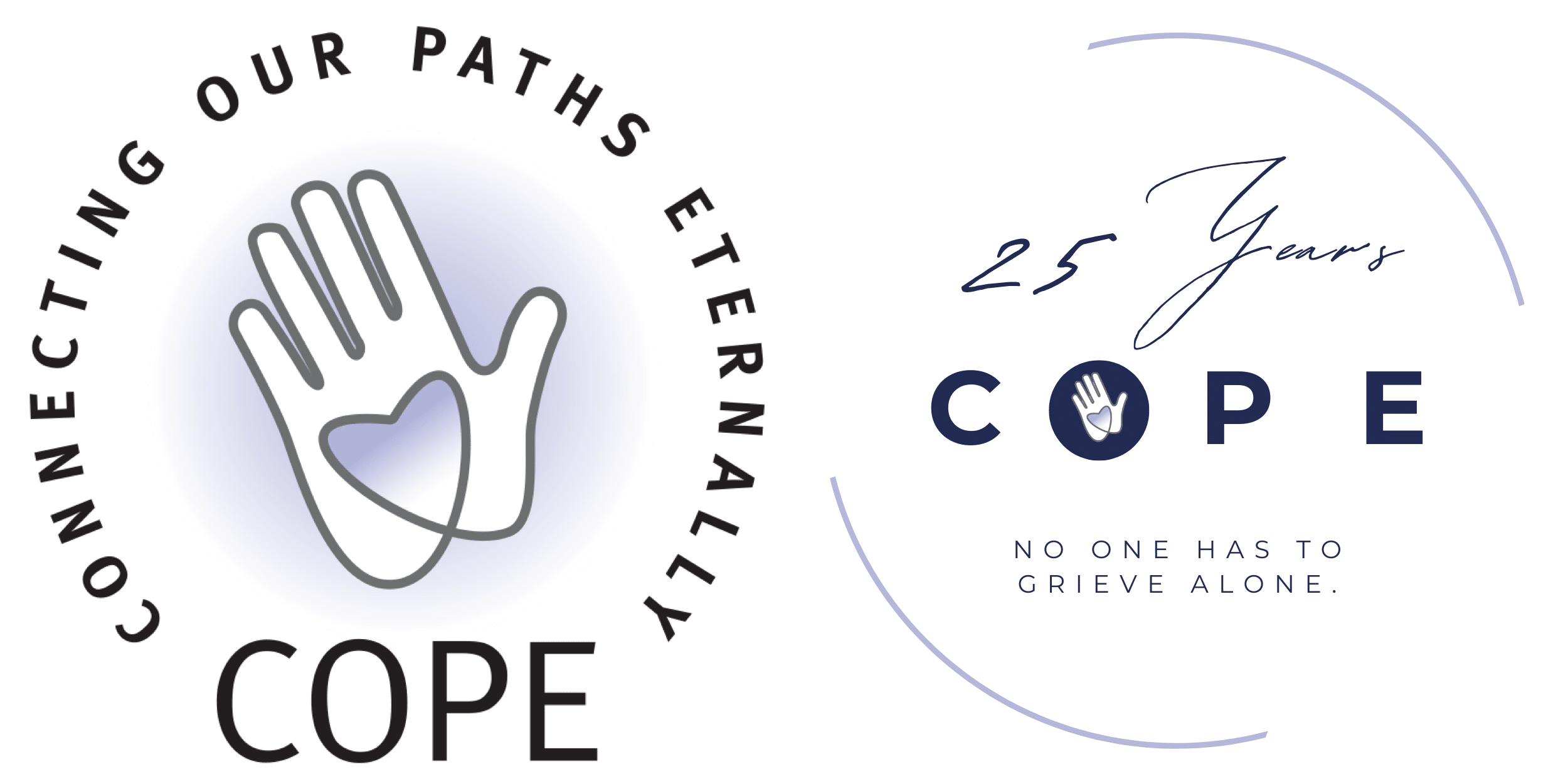Losing a loved one is an incredibly challenging and painful experience, and navigating through the grief journey can be overwhelming. During such times, it’s crucial to seek support from understanding individuals who can provide solace and guidance. Grief organizations play a vital role in offering compassion, counseling, and a sense of community to individuals and families going through the grieving process. In this article, we will explore how to find a grief organization that can provide the support and resources needed to cope with loss.
Understanding the Importance of Grief Organizations
Grief organizations are dedicated to helping individuals navigate the complex emotions and challenges associated with grief. These organizations offer a range of services, including grief counseling, support groups, educational resources, and community events. The professionals and volunteers working with grief organizations are trained to provide empathy, understanding, and guidance during the grieving process. They create a safe space where individuals can share their feelings, receive validation, and connect with others who have experienced similar losses.
Research and Online Resources
The internet is a valuable tool for finding grief organizations. Start by conducting a search using relevant keyphrases such as “grief organizations,” “grief counseling organizations,” or “grief support groups.” This will help you find national or international organizations that operate both locally and online. Explore their websites to learn more about their mission, services, and the resources they provide. Additionally, online directories and databases focused on grief support can provide a comprehensive list of organizations in your area.
Local Support Networks
While national and international organizations are valuable resources, connecting with local grief organizations can offer more personalized support. Local grief organizations often host support groups, workshops, and events specifically tailored to the needs of the community they serve. Consult with your healthcare provider, therapist, or clergy for recommendations on local grief organizations. They may have firsthand knowledge of organizations specializing in grief counseling or child loss support groups that are available in your area.
Reach Out to Healthcare Professionals and Community Centers
Healthcare professionals, such as doctors, therapists, or social workers, are often well-connected within the community and can provide valuable recommendations for grief organizations. They may have relationships with grief counselors or organizations that focus on bereavement support. Community centers, places of worship, and hospitals may also have information about grief organizations and support groups in your locality. Reach out to these resources, explain your needs, and ask for guidance on finding the right grief organization for you.
Attend Local Events and Workshops
Keep an eye out for local events or workshops related to grief and loss. These events may be hosted by grief organizations, hospitals, or community centers. Attending these gatherings can help you connect with professionals and volunteers who are passionate about helping individuals in their grief journeys. By participating in these events, you can gain insights into different organizations and their approaches to grief support, allowing you to make informed decisions about which organization aligns best with your needs.
Grief organizations provide essential support to individuals and families navigating the difficult path of loss. Whether it’s grief counseling organizations, grief support groups, or child loss support groups, these organizations offer empathy, understanding, and resources to help individuals heal and find solace. By utilizing online resources, reaching out to local networks, and attending events, you can find the grief organization that is right for you. Remember, you don’t have to face grief alone—support is available, and together we can find healing and hope in our shared experiences.

